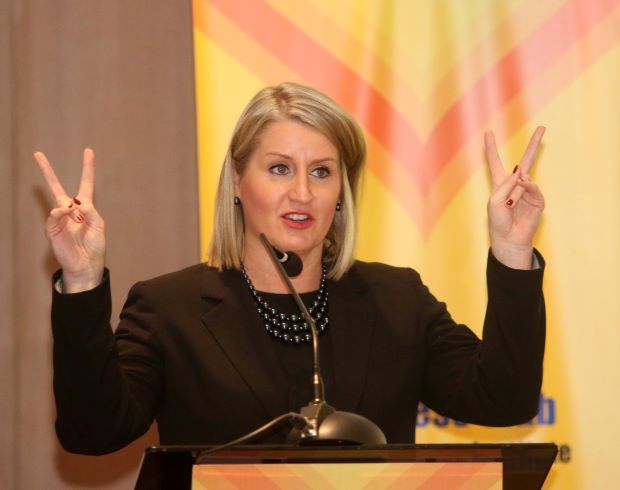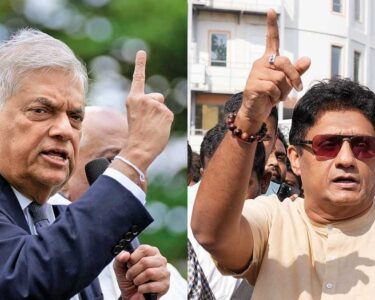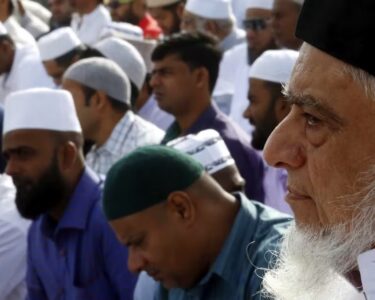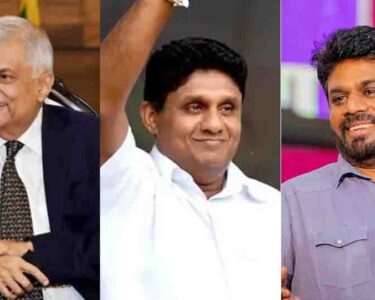Sri Lanka’s “Online Safety Act” Raises Concerns: Modern State, Old-Fashioned Tactics?
The United States Deputy Secretary of State, Elizabeth M. Allen, expressed reservations about Sri Lanka’s “Online Safety Act” during a recent visit, sparking debate on the balance between online safety and freedom of expression.
While commending Sri Lanka’s desire for a safer online environment, Allen stressed the importance of transparency and dialogue: “Trying to hide problems rather than solving them is an outdated tool,” she remarked.
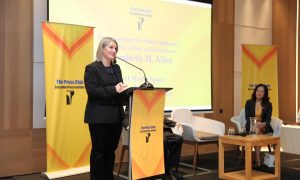
“When governments intensify efforts to withhold information from the public by restricting internet access and censoring content, we must speak up. Notably, when Sri Lanka’s Parliament passed the Online Safety Bill in January, the United States voiced concerns over its potential effects on freedom of expression, innovation, and privacy.” said Elizabeth M. Allen speaking to a group of journalist in Colombo.
Under Secretary Allen travelled to Colombo, to reaffirm U.S. support for Sri Lanka’s economic recovery and to promote a free and open Indo-Pacific. Her agenda included fostering dialogue on freedom of expression and democratic values with diverse groups including journalists, civil society members, government officials, and the Embassy’s Youth Forum. Understandably the US diplomats are pushing the Sri Lankan government to amend the bill.
Actions Contradict
The Act, passed in January 2024, has drawn criticism from various human rights groups and media organizations for its potential to restrict online dissent and suppress freedom of expression. Some provisions grant authorities broad powers to remove content deemed “harmful” or “false,” raising concerns about potential censorship and abuse.
Further complicating the issue, the Sri Lanka Human Rights Commission claims the Act violates Supreme Court rulings. This legal challenge adds another layer to the debate, raising questions about the Act’s legitimacy and adherence to democratic principles.
President Ranil Wickremesinghe, who champions Sri Lanka’s image as a modern, democratic state, finds himself facing criticism that his government’s actions contradict this narrative. Critics argue that the Online Safety Act represents an old-fashioned approach to tackling complex online issues, potentially jeopardizing Sri Lanka’s international image and commitment to democratic values.



